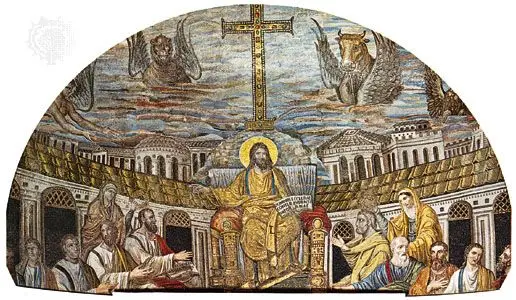What is Messianic Judaism? Understanding the Faith of a Murdered Israeli Diplomat
An Unconventional Jewish Identity
The belief in Jesus as the Messiah is central to Christianity but remains a contentious issue within Judaism. For many in the traditional Jewish community, embracing Jesus as divine contradicts the principles of Jewish life. This tension is visible in the story of Yaron Lischinsky, an Israeli diplomat who was shot in Washington, D.C., and whose background highlights the complex identity of Messianic Judaism.
The Life and Legacy of Yaron Lischinsky
Lischinsky was raised in Israel, spent part of his childhood in Germany, and returned to his native land as a teenager. He joined the Messianic congregation of Melech HaMlachim near Jerusalem’s Mahane Yehuda market, embracing both his Jewish heritage and his belief in Yeshua (Jesus) as the Messiah. His family’s deep commitment to Israel was evident—he and his siblings served in the military, and some even pursued diplomatic careers. Just before his untimely death, Lischinsky was preparing to travel to Israel with his fiancée, Sarah Milgrim.
Understanding Messianic Judaism
Messianic Judaism is a religious movement where individuals maintain a Jewish identity while professing faith in Yeshua as the Messiah. Unlike Christian Zionists who identify solely as Christians, Messianic Jews consider themselves ethnically and culturally Jewish. They continue to observe many Jewish traditions and celebrate the Sabbath, even if their religious practice does not always include the full range of traditional Jewish commandments.
Today, Israel is home to around 30,000 Messianic Jews organized in over 300 congregations, with communities stretching from Jerusalem and the West Bank to Haifa and Tel Aviv. In addition, unique communities such as the Messianic moshav of Yad Hashmona illustrate how these groups strive to blend their dual heritage.
Historical and Ongoing Tensions
The relationship between Judaism and Christianity has been shaped by centuries of conflict and misunderstanding. Traditional Jewish authorities argue that accepting Jesus disqualifies one from living as a Jew, while many Christians have historically promoted a doctrine that sees the Church as the new inheritor of God’s promises—a perspective known as supersessionism. Historically, some conversion efforts involved coercion and manipulation, which has led to lingering suspicions among many Jews.
In modern times, leaders within interfaith dialogues have emphasized that forced or aggressive proselytizing is unacceptable. Many on both sides now work to forge connections and understand one another better, recognizing that shared experiences—such as military service and dedication to Israel—can unite communities with seemingly divergent beliefs.
Integration and Legal Challenges in Israel
Messianic Jews have become well integrated into Israeli society. Many serve in influential roles within the military and other sectors, and their contributions during national crises have been significant. However, their unique identity also presents challenges. Israeli law currently restricts individuals who assert a belief in Jesus from receiving automatic citizenship under the Law of Return, reflecting ongoing debates about religious identity and belonging.
Furthermore, instances have arisen where Messianic Jewish couples seeking immigration have faced denial due to their faith. These legal hurdles underscore the complex dynamics at play as Israel grapples with questions about modern Jewish identity and the legacy of a divided religious past.
A Bridge Between Two Traditions
Figures like Lischinsky serve as reminders that the boundaries between Judaism and Christianity are not always clear-cut. While some choose to label him as a Christian because of his faith in Yeshua, others, including leaders in Messianic and interfaith circles, maintain that his service to Israel and deep cultural roots affirm his Jewish identity in every meaningful sense.
This evolving identity challenges the binary distinctions traditionally drawn between the two faiths. As debates continue and new generations emerge—often shaped by intermarriage and diverse cultural influences—there is hope that a broader understanding of what it means to be Jewish can provide a bridge between communities once thought to be irreconcilably divided.
The legacy of Yaron Lischinsky may well inspire future efforts to embrace a more inclusive vision of Zionism, one that acknowledges the complexity of modern identity and the possibility of uniting diverse beliefs in service of a shared homeland.

Rockin’ the faith, one verse at a time!
Growing up, the Bible’s stories deeply impacted me. Now, with over 15 years of preaching experience, I blend timeless teachings with modern technology, making them relevant for today’s world.
Bible Hub Verse is my platform to share historical insights and thought-provoking articles, exploring both familiar and uncommon Christian topics. My passion is building a welcoming online space for everyone to learn, grow in their faith, and discover the Bible’s enduring message.
Join the journey!
God bless you.







